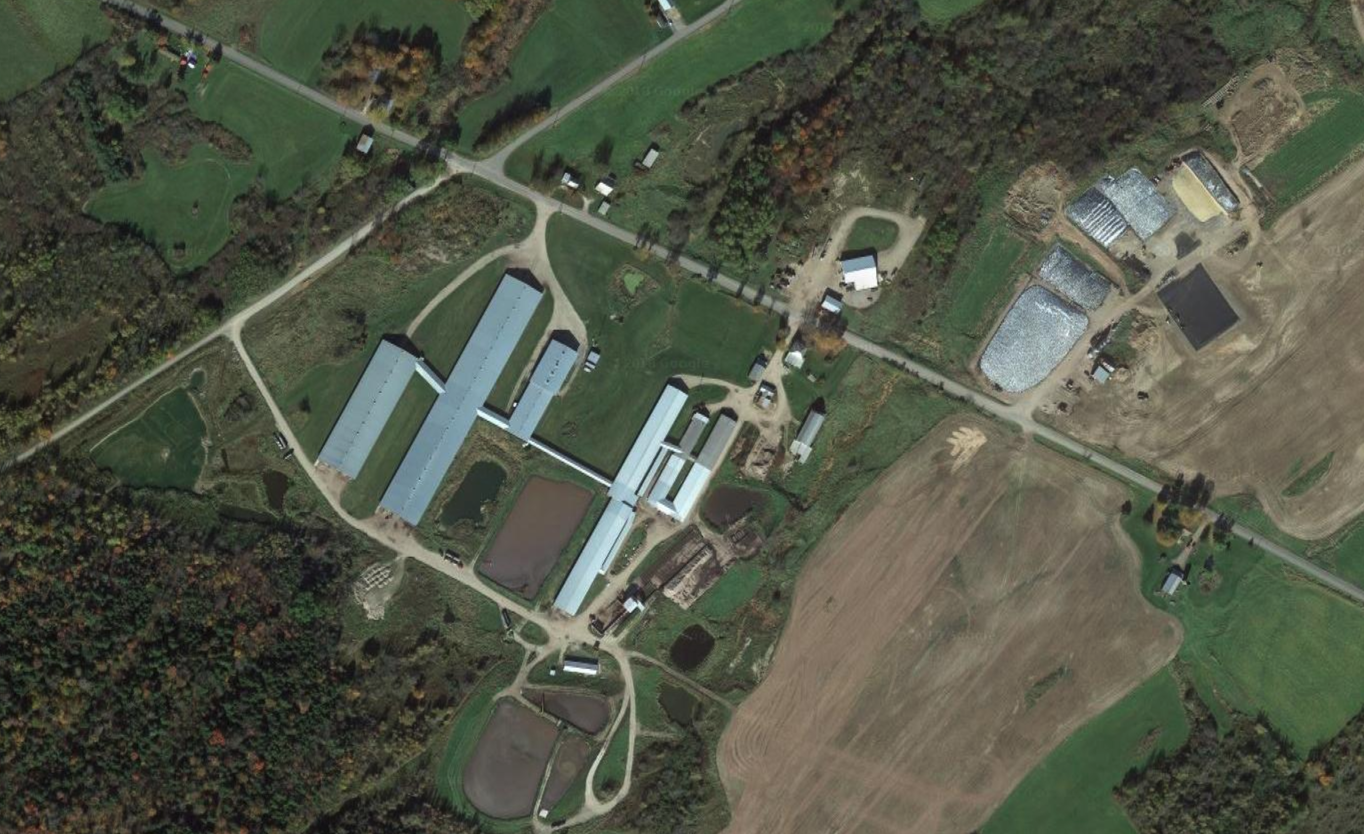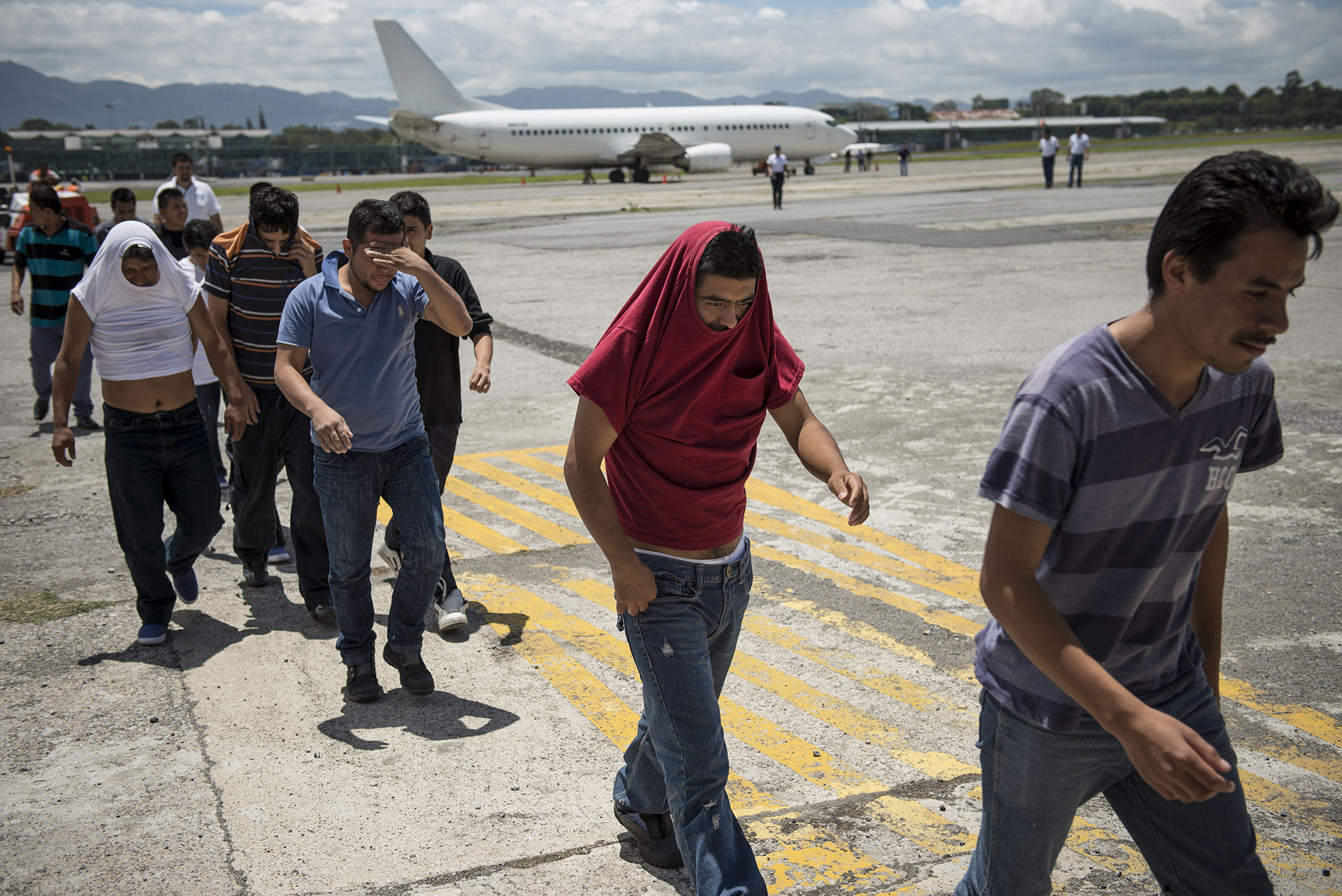Over a dozen farmworkers at Gebarten Acres Farm upstate lost their jobs last month after Immigration and Customs Enforcement audited the farm’s workforce.
Farms like Gebarten Acres are increasingly being hit with audits of their staff’s citizenship this year, according to local authorities. The audits are an inspection conducted by ICE to check that a company’s staff have completed the necessary I-9 forms, which verify their work authorization.
Following the audit, the farm, located in Hermon, New York, lost 17 of its dairy farmworkers, according to Relani Prudhomme, co-coordinator of Amigos en Salud, a volunteer group in Canton, New York that helps immigrant workers secure healthcare. Prudhomme was contacted by the farmworkers after they were notified that they lost their jobs, many of whom she had known for years prior. Some workers quit after their colleagues were fired. The farm’s milk production workforce– which is focused on caring for and milking the cows among other things– was gutted.
These audits are making farmers in the area nervous, Prudhomme explained.
“This will cripple the industry if it continues to happen,” Prudhomme said. “This was a really heartbreaking thing for [the farmworkers].”
According to a 2017 report on the industry by the Workers’ Center of Central New York and the Worker Justice Center of
New York, the state’s dairy production and processing industry generates $14 billion per year and relies heavily on immigrant labor. Undocumented immigrants make up a large portion of the workforce on farms.
Former ICE Director Thomas Homan stated last year that the agency would significantly ramp up ICE’s worksite enforcement. The agency has lived up to this promise: audits have increased by around 400 percent this fiscal year, with more than 5,200 notices of inspection issued nationwide, up from 1,360 in the previous fiscal year.
Khaalid Walls, spokesperson for ICE, told Documented that the agency would not comment on specific cases but said: “ICE routinely conducts worksite investigations in order to uphold federal law. ICE’s worksite enforcement strategy continues to address both employers who knowingly hire unauthorized workers and the workers themselves.”
Gebarten Acres Farm received a notice of inspection from ICE earlier this year. On Sept. 19, the farm’s owners were visited by an ICE attorney who provided them with a list of employees who failed the I-9 audit and warned that the farm could face penalties if they continued to employ them, Prudhomme said. In an emotional meeting, the farmworkers, some of whom had reportedly lived and worked at the farm for many years, were let go.
Gebarten Acres Farm did not respond to Documented for comment but Greg J. Coller, co-owner of the 2,800-cow farm, told The Ogdensburg Journal: “We lost 20 people, half our workforce … It’s just been horrible. The timing is bad, with dairy in the toilet.”
Most of the seventeen workers went on to find new jobs, some in other states, after being notified that the farm owner could potentially be arrested if they continued to work there, Prudhomme said. Other employees at the dairy farm quit the same day out of fear of future reprisal.
The fear of I-9 audits have sent chills throughout the dairy industry in the state. Dairy farmers in New York have struggled as the price of milk has dropped over the past ten years. Stricter immigration enforcement under the Trump administration is now threatening their main source of labor. Suicide rates among farmers are on the rise nationally according to recent studies.
Lauren Williams, the director of national affairs for the New York Farm Bureau, said farmers are between a rock and a hard place as finding local labor is difficult, as is verifying employment documents when hiring someone.
“We’ve definitely heard from farmers that they’ve seen an uptick in I-9 audits,” Williams told Documented. “Also, interactions with ICE and immigration checking in on workers. [Farmers] are feeling some pressure coming from both their workers and the community as well.”
It has also created a sense of fear among farmworkers.
“I think it sends a chill effect of the workers,” said Carly Fox, senior worker rights advocate at Worker Justice Center of NY. “It affects farmers’ ability to attract workers to the region.”














